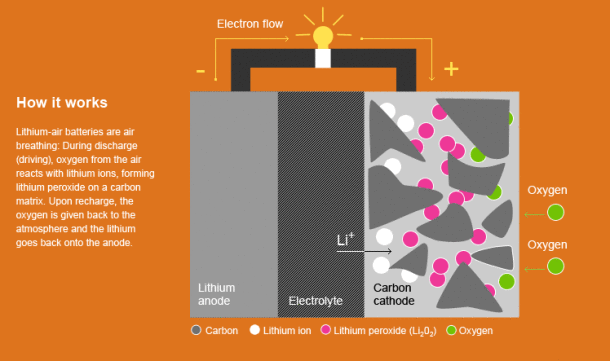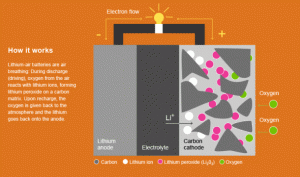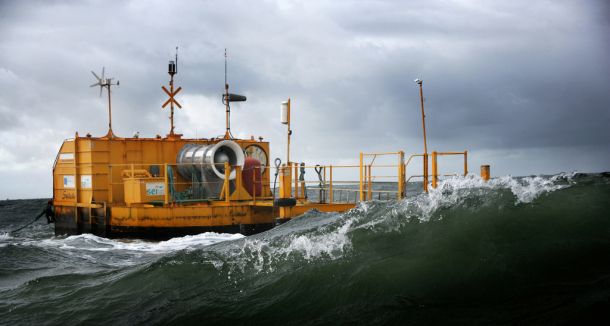
ONE of the biggest drawbacks with owning an electric vehicle (EV) is range anxiety – a driver’s nagging fear that the battery charge will not get them to their destination. Now IBM claims to have solved a fundamental problem that may lead to the creation of a battery with an 800-kilometre (500-mile) range – letting EVs potentially compete with most petrol engines for the first time.
Standard electric vehicles use lithium-ion (Li-ion) batteries, which are bulky and rarely provide 160 kilometres (100 miles) of driving before they run down.

 Follow
Follow

